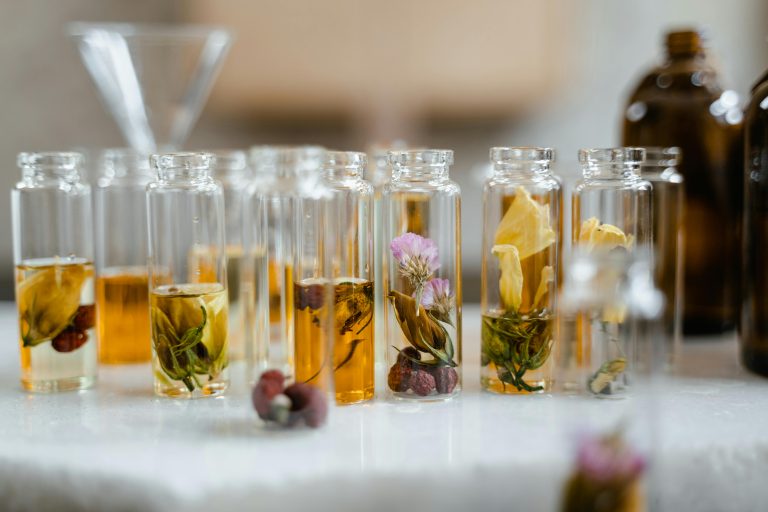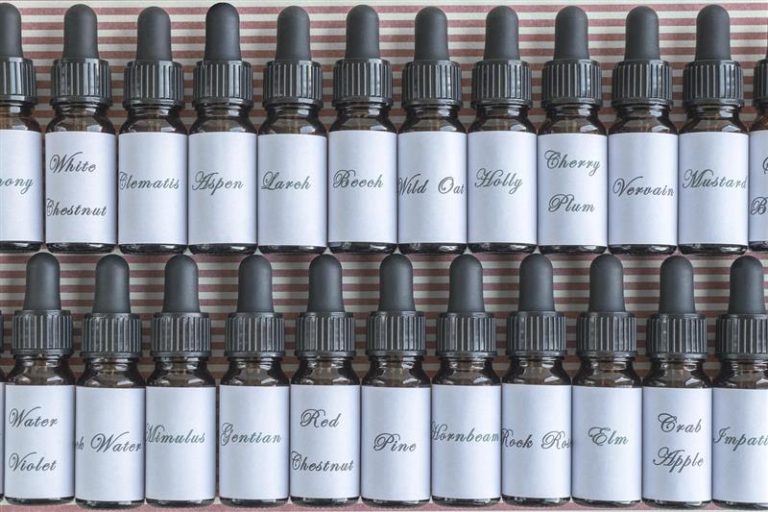In today’s fast-paced world, anxiety has become a silent companion for many, manifesting as racing thoughts, restlessness, or even physical tension. Homeopathy’s alternative approach offers gentle, natural ways to ease these feelings. Rooted in holistic principles, homeopathic remedies aim to support the body’s innate healing using highly diluted natural substances.
This blog offers a look at 4 homeopathic remedies that are at the heart of the homeopathic approach to easing anxiety. But before we begin, do note that all the information that follows is for informational purposes only and does not constitute medical advice.
Let us begin.
Understanding Anxiety and Homeopathy’s Role
Anxiety isn’t just “worry”—it is a complex response involving the brain’s fight-or-flight system, often triggered by stress, trauma, or uncertainty. According to the National Institutes of Health (NIH), it affects over 40 million adults in the U.S. alone, sometimes disrupting daily life.

As a complementary therapy, homeopathy views anxiety not as an isolated issue but as part of your overall emotional and physical state. Treatments are individualized, considering your unique symptoms, history, and constitution. The UK’s National Health Service (NHS) notes that while people often turn to homeopathy for mental health concerns like anxiety, it’s best used alongside conventional strategies such as therapy or mindfulness. Importantly, neither the NIH nor the NHS endorses homeopathy as a primary treatment due to limited robust evidence—perceived benefits may stem partly from the placebo effect or the supportive consultation process.




Common Homeopathic Suggestions for Anxiety Support
Homeopathic remedies are selected based on specific symptom patterns, not one-size-fits-all. These ultra-diluted preparations from plants, minerals, or animals are considered safe when prepared properly, but self-prescribing isn’t advised. Here’s a look at some commonly discussed options—always discuss with a licensed homeopath to match them to your needs and avoid interactions.
- Ignatia Amara: Useful for anxiety rooted in grief, emotional upset, or suppressed feelings, where symptoms include sighing, mood swings, or a lump in the throat. This remedy supports emotional release without sedation.
Consult a professional to ensure it is appropriate for your situation.
- Gelsemium Sempervirens: For anticipatory anxiety, such as stage fright or dread of bad outcomes, accompanied by trembling, weakness, or heaviness. Some small studies hint at its potential to ease these without drowsiness.
Seek expert advice before incorporating it.
- Arsenicum Album: Indicated for health-related worries or perfectionism-driven anxiety, with symptoms like midnight restlessness or chilliness. It may foster a sense of security.
Remember, only a qualified homeopath can tailor this to you safely.
- Argentum Nitricum: Helpful for performance or impulse-related fears, like anxiety over crowds, heights, or decision-making, often with digestive upset. Practitioners emphasize their role in building inner confidence.
Professional consultation is essential to prevent misuse.
These suggestions are drawn from traditional homeopathic materia medica, but efficacy varies. The NIH’s National Center for Complementary and Integrative Health (NCCIH) stresses that while diluted remedies pose minimal risk, undiluted versions could interact with medications.
Insights from Research: A Balanced View
Scientific scrutiny of homeopathy for anxiety yields mixed results, underscoring the need for caution. A 2007 systematic review by the NIH analyzed clinical trials and found limited evidence supporting homeopathy over placebo for anxiety disorders, with many studies suffering from small sample sizes or methodological flaws. For instance, a randomized trial on generalized anxiety disorder showed no significant difference between homeopathic treatment and placebo.
Yet, glimmers of promise exist. A 2011 study on Gelsemium doses in mice suggested anxiolytic effects, sparking interest in human applications. More recently, a 2021 pilot trial combining individualized homeopathy with counseling reported modest anxiety reductions compared to placebo, calling for larger studies. The NHS echoes this tempered optimism, stating there’s “no good-quality evidence” for homeopathy in mental health but acknowledging its popularity as a low-risk adjunct.
Overall, a 2017 meta-analysis of 75 trials across conditions, including anxiety, concluded reliable evidence is lacking, attributing benefits to non-specific factors like practitioner empathy. This does not dismiss homeopathy outright but highlights why experts urge evidence-based integration.
Safely Incorporating Homeopathy for Wellness —
To explore homeopathy thoughtfully, start with lifestyle anchors: regular exercise, deep breathing, or journaling can amplify any benefits. Pair it with proven therapies like cognitive behavioral therapy (CBT), as recommended by the NIH. The NHS advises checking with your general practitioner if you are on antidepressants or other meds, as even diluted remedies warrant oversight.
How Can We Help?
At Get Well & Strong, we are here to support your journey toward holistic healing all the way. Our platform simplifies finding licensed homeopaths and doctors who blend complementary approaches with conventional care. Book a consultation to connect with world-class practitioners right at your doorstep.
DISCLAIMER: This blog is for general informational purposes only and does not constitute medical advice, diagnosis, or treatment. Always consult a certified healthcare provider for guidance tailored to your individual needs.




